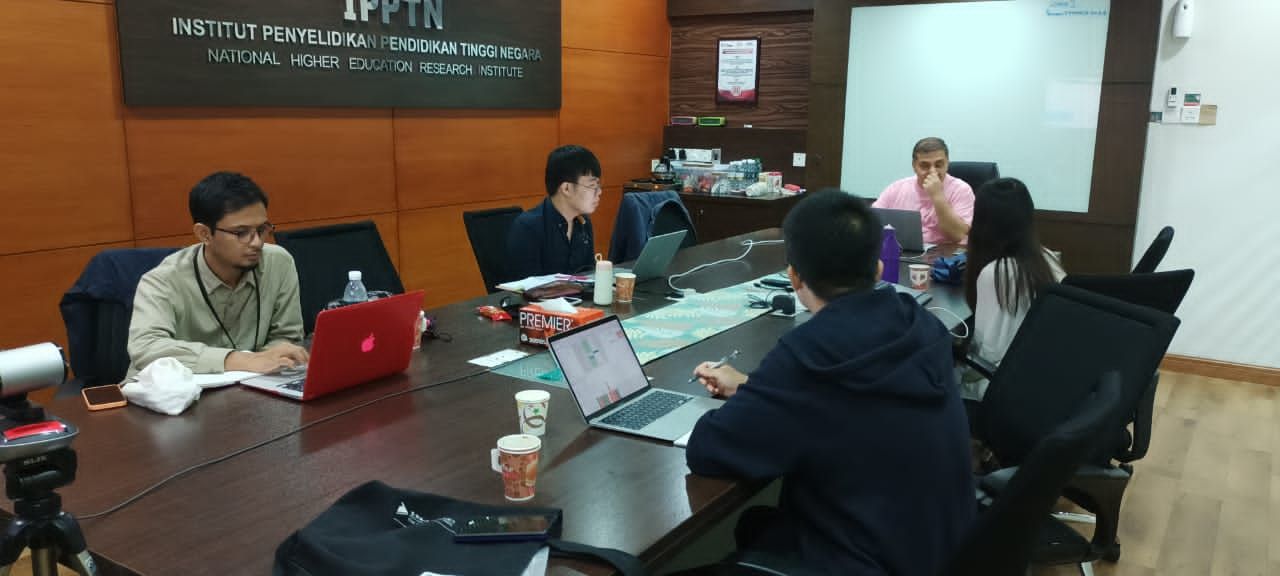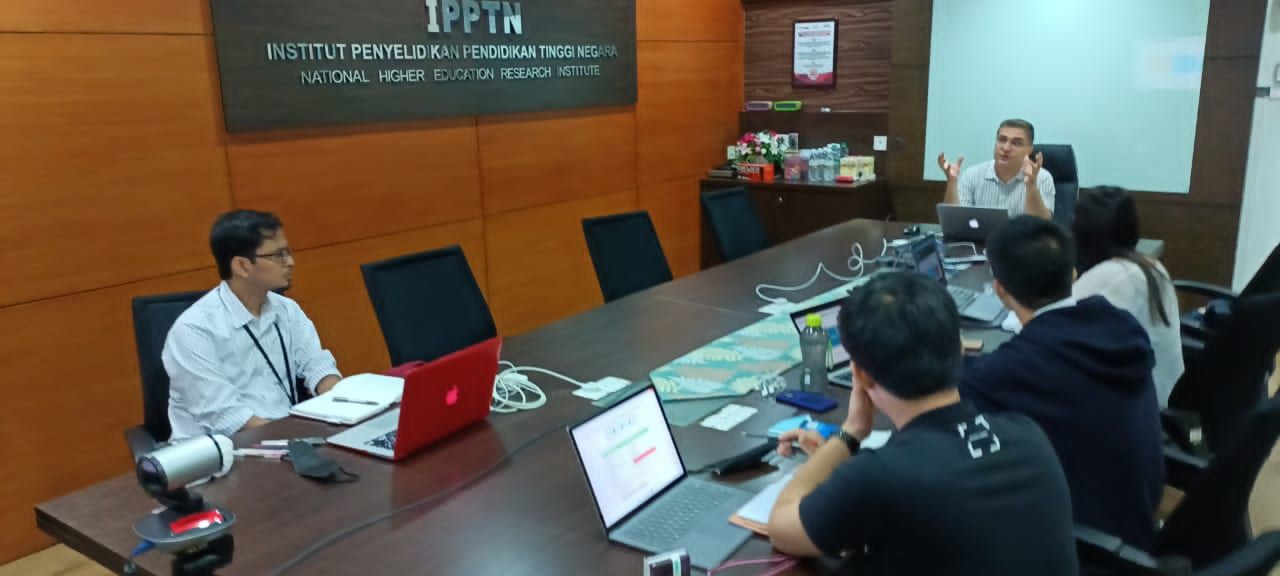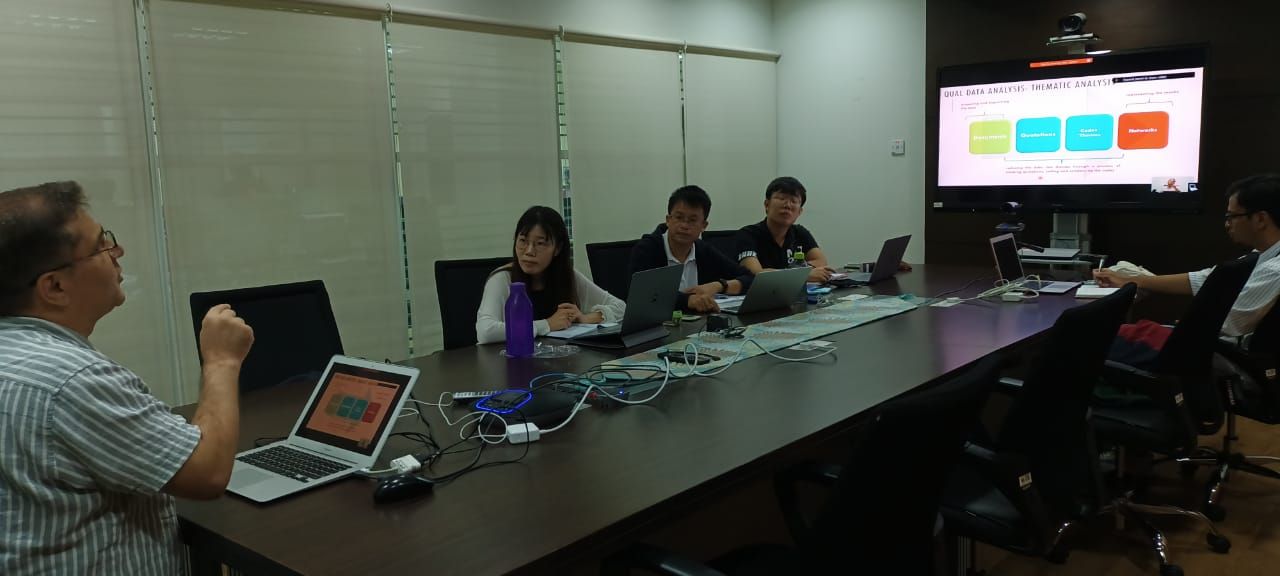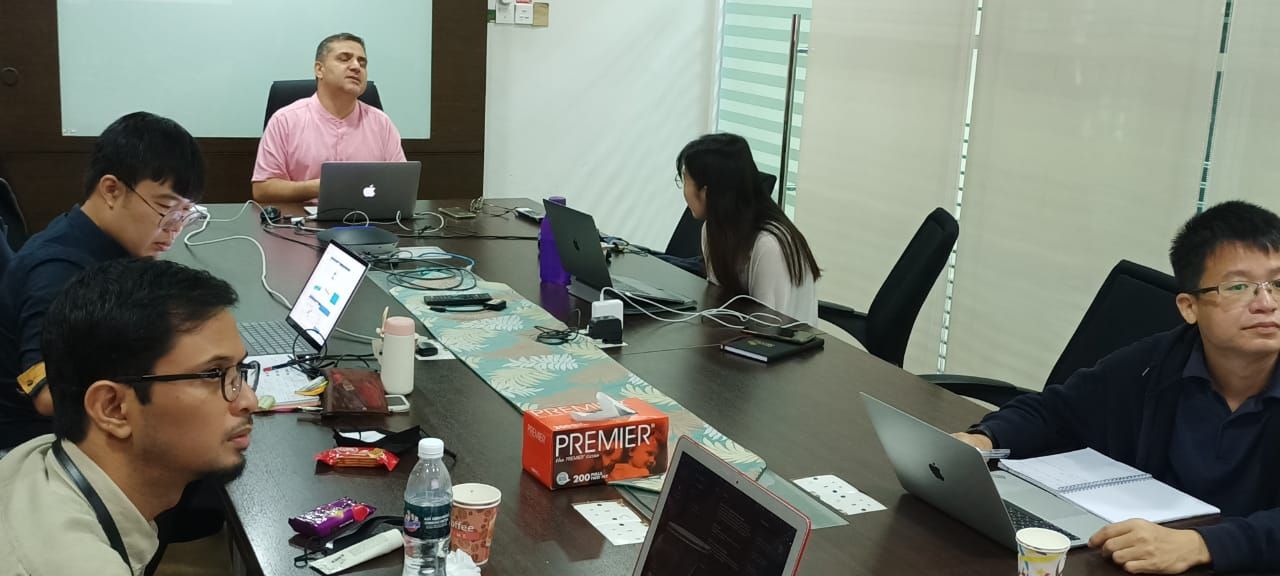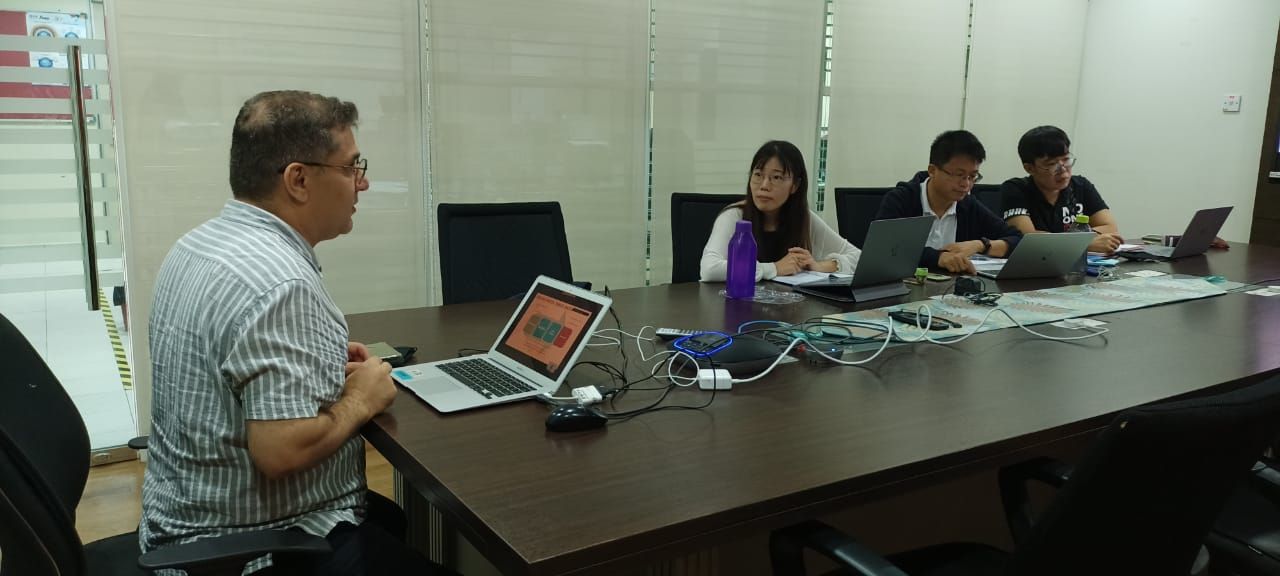INSTRUCTOR
DR. MAJID GHASEMY
Senior Lecturer at the National Higher Education Research Institute (IPPTN), Universiti Sains Malaysia (USM). With an impressive background, he has held various significant roles, including being the former coordinator of the Global Higher Education Network (GHEN) Malaysia and a mentor for the Web of Science (Publons) Academy. Moreover, Majid holds the distinction of being a certified ATLAS.ti professional senior trainer, and he is recognized as the sole EQS/EQSIRT consultant globally.


